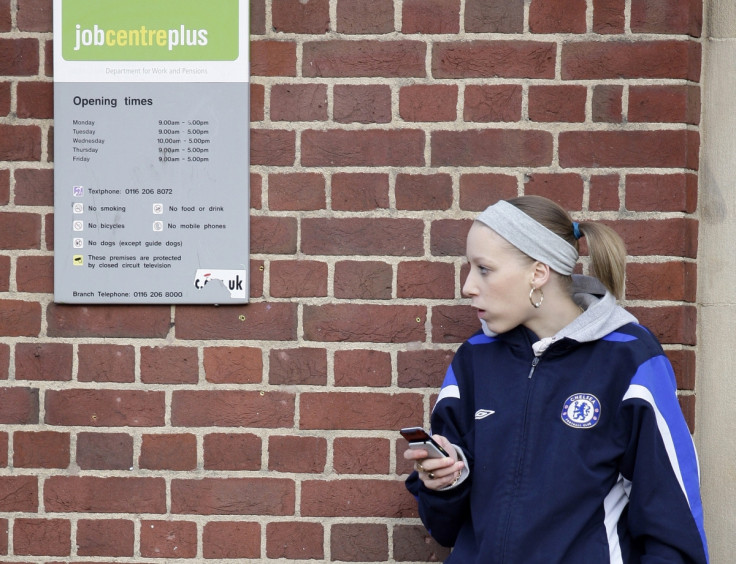UK's Young Adults Have 'Borne Brunt of Recession'

Britain's young adults have paid the heaviest price in the aftermath of the financial crisis as employment and incomes fell faster for them than older generations.
That is according to the influential Institute for Fiscal Studies (IFS) thinktank in its analysis of income data compiled by the government.
The IFS found that between 2007/08 and 2012/13, the median household income for 22-30 year-olds fell by 13% in real terms. Over the same period, the median income of those aged 31-59 fell by just 7%, and for over-60s there was no drop at all.
Meanwhile, the employment rate for 22-30 year-olds dropped by 4% across the period, but was unchanged for 31-59 year-olds.
And although the youngest saw the largest fall in housing costs of all groups, because they tend to have the largest mortgage debt and interest rates have been held down by the Bank of England since 2009, their homeownership levels are plummeting.
The homeownership rate for 25 year-olds has halved in 20 years, said the IFS. Of those born in the mid-1980s, just 21% owned a home when they were 25. That compares with 34% for those born in the mid-1970s cohort and 45% of the mid-1960s.
"Young adults have borne the brunt of the recession," said Jonathan Cribb, a research economist at the IFS and an author of the report, which was funded by anti-poverty campaigners The Joseph Rowntree Foundation.
"A crucial question is whether this difficult start will do lasting damage to their employment and earnings prospects."
After the financial crisis, incomes fell sharply for those in work as the growth in the cost of living outpaced wage rises.
Those on benefits had been cushioned slightly because the increase in welfare payments was inflation-linked. This helped to narrow inequality.
But Chancellor George Osborne has capped many benefits increases at 1% under the government's austerity drive to balance public finances, meaning a real-terms cut for many as price inflation races ahead. This will put pressure on the poorest households.
© Copyright IBTimes 2024. All rights reserved.






